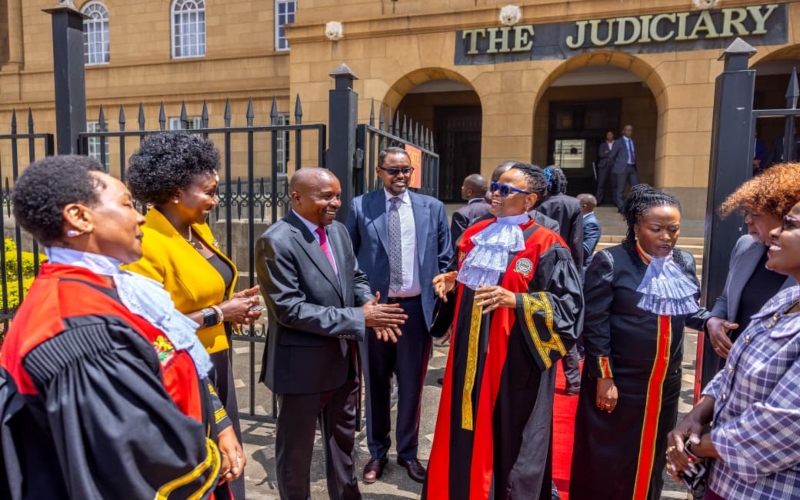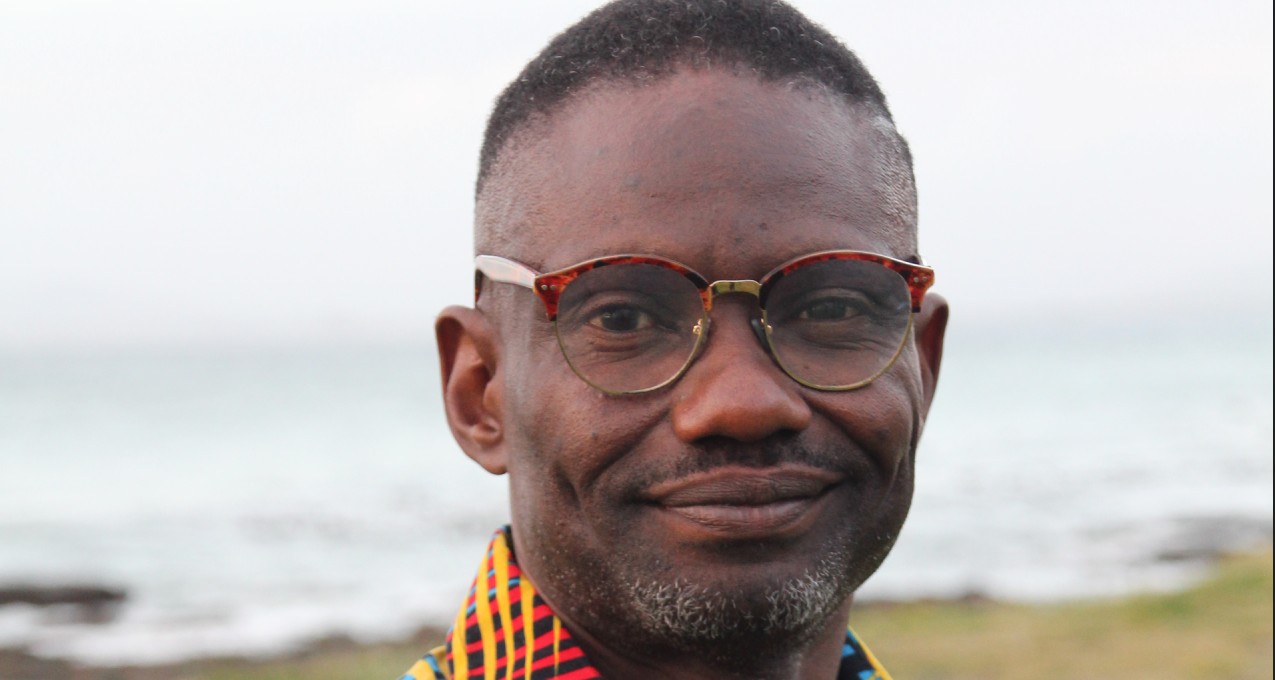CJ Koome affirms Judiciary’s commitment to transparency, says trust central to transformation

Koome said the judiciary has continued to “strengthen the integrity of our systems” by tightening performance management and expanding measures that safeguard professionalism among all judicial officers and staff.
Chief Justice Martha Koome has said the judiciary is entering a new phase of openness and accountability, using its annual performance report to show how the institution is working to earn public trust and build a justice system that people can rely on.
Speaking in Nairobi during the release of the State of Judiciary Annual Report for the 2024/2025 financial year, she said the document is anchored on values that require the judiciary to explain its work to Kenyans every year.
More To Read
- Explainer: How courts operate when the judiciary goes on recess
- Lawyer petitions CJ Koome to lift restrictions on e-filing system, cites rights violations
- Senator Sigei urges state agencies to share responsibility for protecting human rights
- CJ Koome urges contextual enforcement of Marriage Act, stronger family justice system
- Judiciary faces Sh576.6 million pending bills amid budget review
- Over 31,000 SGBV cases filed as courts improve response, Judiciary Report shows
Koome said the report is not just a formality but a constitutional duty.
“The soldier report is not simply a statutory requirement… it is a constitutional duty anchored in the values of transparency, accountability and public participation,” she said.
The CJ noted that this yearly account gives a clear picture of how judicial authority has been exercised, the progress achieved and how resources have been used.
She stressed that transparency is central to public confidence in justice.
“It is through such mechanisms that we keep faith with the sovereign will of the Kenyan people,” Koome said.
According to the CJ, the theme of this year’s report, which focuses on accountability and trust, reflects the judiciary’s goal of building a system that is open and people-centred.
She warned that without trust, “even the most sophisticated courts cannot command confidence, obedience or legitimacy".
Koome outlined several steps taken to strengthen ethical conduct and internal checks.
She said the judiciary has continued to “strengthen the integrity of our systems” by tightening performance management and expanding measures that safeguard professionalism among all judicial officers and staff.
A major part of this push, she said, is improving communication with the public.
In addition, the CJ announced that the judiciary spokesperson’s office is now operational and that the call centre is running to help citizens get information more easily.
Koome highlighted the judiciary dialogue day, calling it a milestone because it brought together citizens, judges and staff in court stations across the country.
Courts also held open days to build stronger links with communities.
She said expanding physical and digital access to justice worked hand in hand with the new communication reforms.
Koome explained that new courts, registries and service centres were opened in various counties, and mobile courts continued to serve remote areas. Mediation and alternative justice systems also expanded, giving Kenyans more avenues to resolve disputes.
The Chief Justice said the improvements recorded over the year were achieved despite tight financial limits.
She warned that ageing servers and inadequate funding for staff and infrastructure could undermine the progress made, especially in digitisation.
“If there is anything that gives me up at night… is to imagine that we are going to lose the gains we have made in digitisation,” she said.
Koome also unveiled a simplified guide to explain the judiciary’s reform blueprint. She said the document is meant to help the public understand justice processes and take part in reforms.
As she closed her remarks, Koome said the judiciary remains on a clear path.
She said the report “affirms that the judiciary continues on a steady path of transformation, becoming more efficient, more transparent, more accessible, more responsive to the needs of the people of Kenya”.
Top Stories Today















































